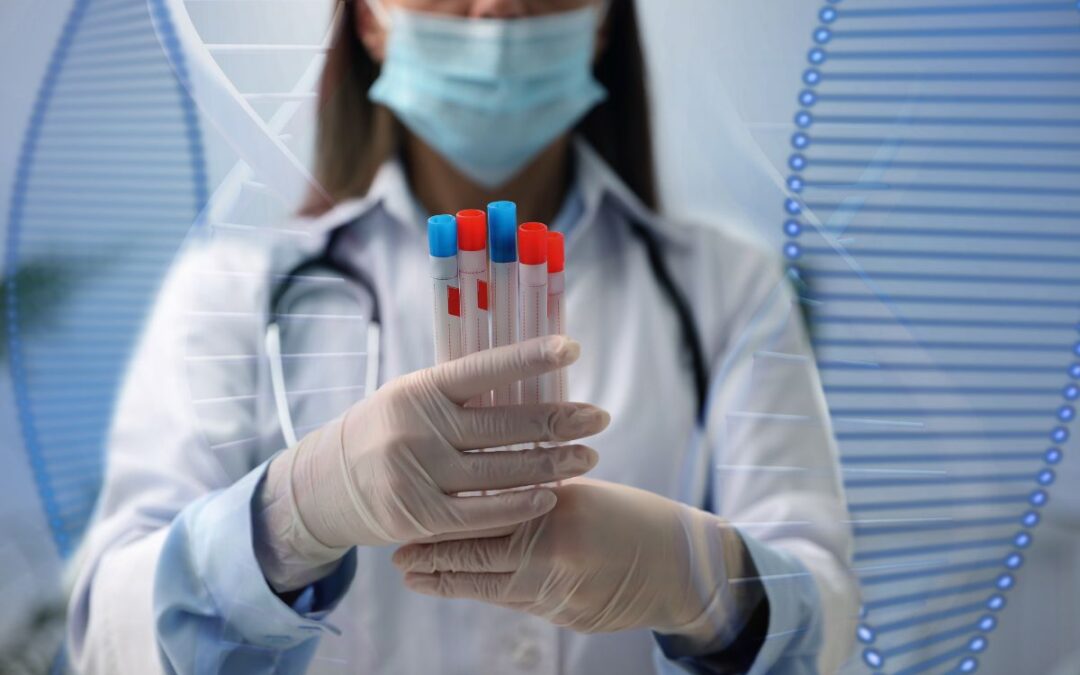Understanding Non-Invasive Prenatal Paternity Testing (NIPP)
Non-Invasive Prenatal Paternity (NIPP) Testing is a revolutionary way to determine paternity during pregnancy without the need for invasive procedures. This advanced DNA test provides accurate results by analyzing the fetal DNA present in the mother’s bloodstream, making it safe for both the mother and the baby.
What is Non-Invasive Prenatal Paternity Testing?
NIPP testing is performed as early as 7 weeks into the pregnancy and requires only two simple samples:
- A blood sample from the mother, which contains the fetal DNA.
- A cheek swab from the alleged father to compare the fetal DNA with the potential father’s DNA.
The test compares the genetic profile of the baby with that of the alleged father to determine paternity with over 99.9% accuracy.
Why Choose Non-Invasive Prenatal Paternity Testing?
- Safe for the Baby and Mother: Unlike invasive procedures such as amniocentesis or chorionic villus sampling (CVS), NIPP testing does not involve needles or procedures that could pose risks to the fetus. It’s completely non-invasive, requiring only a blood sample from the mother and a cheek swab from the alleged father.
- Early Results: NIPP testing can be conducted as early as 7 weeks into the pregnancy, providing results much earlier than other types of prenatal paternity tests.
- High Accuracy: NIPP testing uses cutting-edge technology to detect fetal DNA in the mother’s bloodstream, offering over 99.9% accuracy in confirming paternity.
- Legal Paternity Testing: While the results of NIPP testing can be used for personal knowledge, legal paternity testing requires a chain of custody to ensure the results are admissible in court. Be sure to ask about the legal paternity test option if needed.
How the Test Works
- Step 1: A blood sample is taken from the mother. This sample contains the baby’s DNA, which can be isolated and analyzed.
- Step 2: A cheek swab sample is taken from the alleged father.
- Step 3: The DNA from the baby (found in the mother’s blood) is compared with the alleged father’s DNA to determine whether he is the biological father.
Who Can Benefit from NIPP Testing?
- Expecting Parents Seeking Peace of Mind: Whether the pregnancy is planned or unexpected, NIPP testing offers clarity and peace of mind for expecting parents wanting to confirm paternity.
- Couples in Legal Disputes: In cases involving child support, custody, or inheritance, confirming paternity early in the pregnancy can help resolve legal matters.
- Surrogacy or IVF Situations: NIPP testing can be used to confirm paternity in complex situations involving surrogacy or in vitro fertilization (IVF).
Conclusion
Non-Invasive Prenatal Paternity Testing offers a safe, accurate, and early solution for determining paternity during pregnancy. With no risk to the baby or mother, NIPP testing provides peace of mind to families and can be used in both personal and legal contexts.


